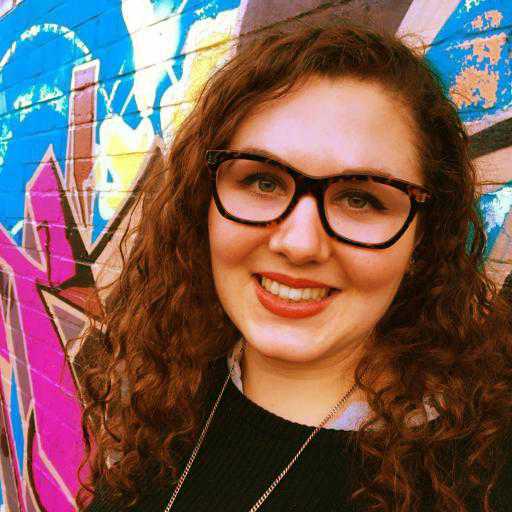Through my eyes: Why I now agree with vaccination
06 October, 2018

I'm Lana Burgess, a 31-year-old freelance writer passionate about well-being. In this article, I explore why I disagree with my mom's decision not to vaccinate me when I was a child — and how, as an adult, I decided to finally get vaccinated.
It was just after 3 p.m., and school was done for the day.
My classmates were all whooping and bounding about the playground, stopping to wave as their parents arrived to collect them. I spied my mom and ran over to her.
On the way home, she told me that I would not be going in tomorrow; instead, I was going to stay home.
As a child who loved school, my heart sank. My mom said that I had to stay at home because the other children would be getting their measles vaccine tomorrow.
We didn't believe in immunization, though, so I wouldn't be getting vaccinated.
My mom felt it was best that I stayed home on the day the children were injected with the measles vaccine. She said it was "live." If I was at school, there was a risk it would infect me.
Not every vaccination day was like this, though; I typically went to school as usual, but I didn't join my classmates as they queued up for their shot. When they asked me why I wasn't joining in, I'd explain that I didn't have vaccinations. My mom thought they were bad for me — that they'd potentially weaken my immune system.
Fast forward to 2018: I've just had a round of travel vaccinations in preparation for a 6-week trip to Australia, Singapore, and Thailand. So what changed? What made me finally reject my mom's antivaccination stance?
Why didn't my mom believe in vaccinations?
When I was 3 months old, I had the first round of childhood vaccinations. In the United Kingdom in the late 1980s, this was called the DTP vaccine. It protected against diphtheria, tetanus, and pertussis (also known as whooping cough).
After the DTP vaccine, my mom noticed that I seemed irritable and that my normal sleep patterns were disrupted. She felt that the vaccinations were to blame.
Her conclusion was based, in part, on the antivaccination literature that was around in the 70s and 80s. In the U.K., a 1974 report mistakenly alleged that 36 children had developed neurological conditions as a result of receiving the DTP vaccine.
Although scientists now know that they are safe, it was big news at the time.
Seeking answers, my mom went to see a homeopath. The homeopath agreed that the vaccinations had likely caused the changes to my moods and sleep.
The homeopath recommended some remedies that they said would help counteract the negative impact the vaccines appeared to have had. They also introduced my mom to the idea that homeopathy could offer an alternative way to vaccinate me.
At this point, my mom decided that I would not have any more childhood vaccinations. Her choice seemed wise when, in 1998, a study by conducted Dr. Andrew Wakefield — whose work has now been discredited — claimed to have discovered a link between the measles, mumps, and rubella (MMR) vaccine and autism.
